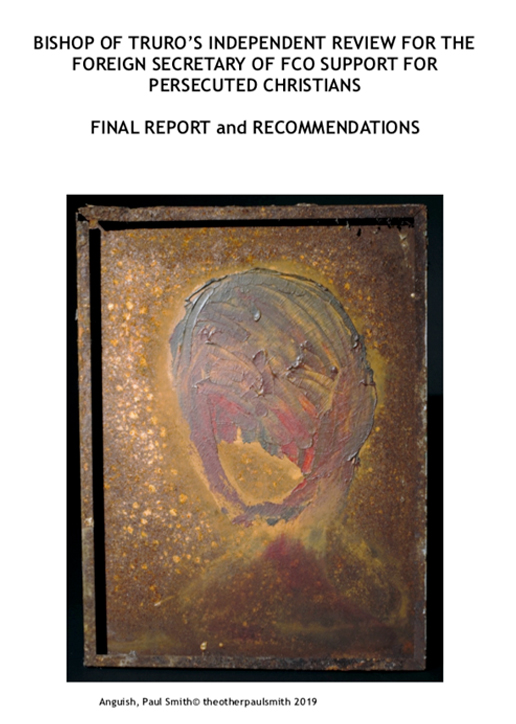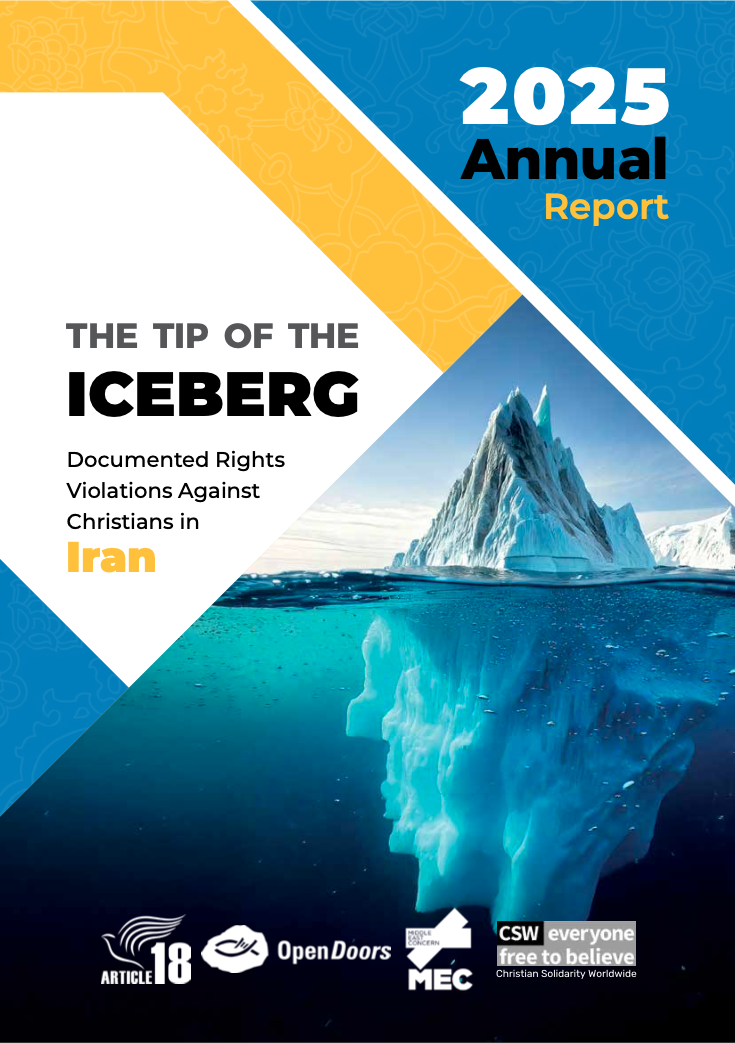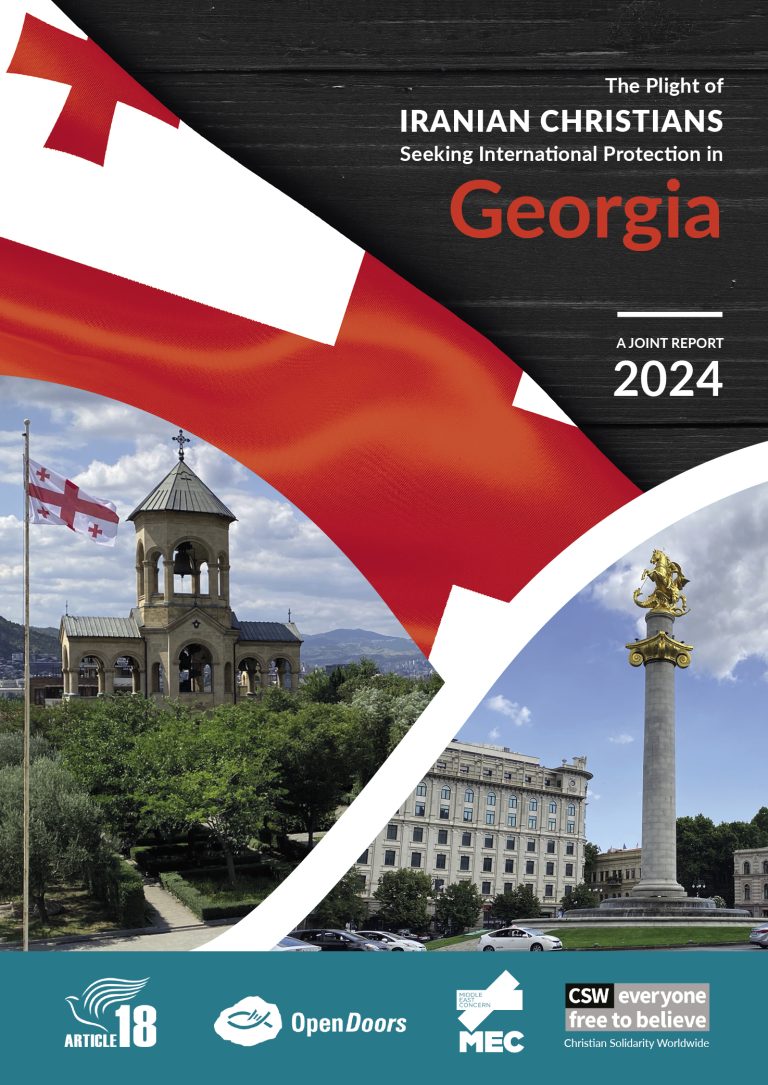Although Christians in the Armenian and Assyrian churches may practise their faith within strict confines, persecution in Iran is on the rise for others and most of it is targeted at Christians from a Muslim background and Protestant Christians.
Just before Christmas 2018, 114 Christians were arrested, several house churches were raided in nine different cities, and the arrests continued into 2019.
On his return to Iran in February 1979, Khomeini promised religious freedom to Christians and other religious minority groups. Just eight days after the revolution, Arastoo Sayah, an Anglican pastor, was beheaded in his church office in Shiraz.
The brutality of the early revolution has given way to systematic pressure and intense persecution against Christians during the past 40 years. As more disillusioned Iranians turn to Christianity, the regime intensifies their intimidation against Christians.
Almost all Farsi speaking Christian churches were closed down or forced to change their language to Armenian or Assyrian. (The only Farsi churches open are the Anglican/Episcopal churches in Tehran, Isfahan and Shiraz. However, the churches have been controlled and monitored by the state and converts are not allowed to attend those churches.) House churches have been regularly targeted, their members and leaders have been arrested and imprisoned.
Since October 2010, the state has started a new campaign against Christians by propagating hate speech and incitement of hatred against Christians on state sponsored media. The vast majority of hate propaganda is against Protestant Christians and converts to Christianity accusing them of treason, “plotting against the regime and Islam,” “being part of the West’s soft war against the regime,” and “being spies of the West and Israel.”
In its 2019 Annual Report, USCIRF, once again, listed Iran as a Country of Particular Concern (CPC) for severe violation of human rights and religious freedom. Open Doors World Watch List has also listed Iran number 9 in its 2019 annual report.




0 Comments
Trackbacks/Pingbacks